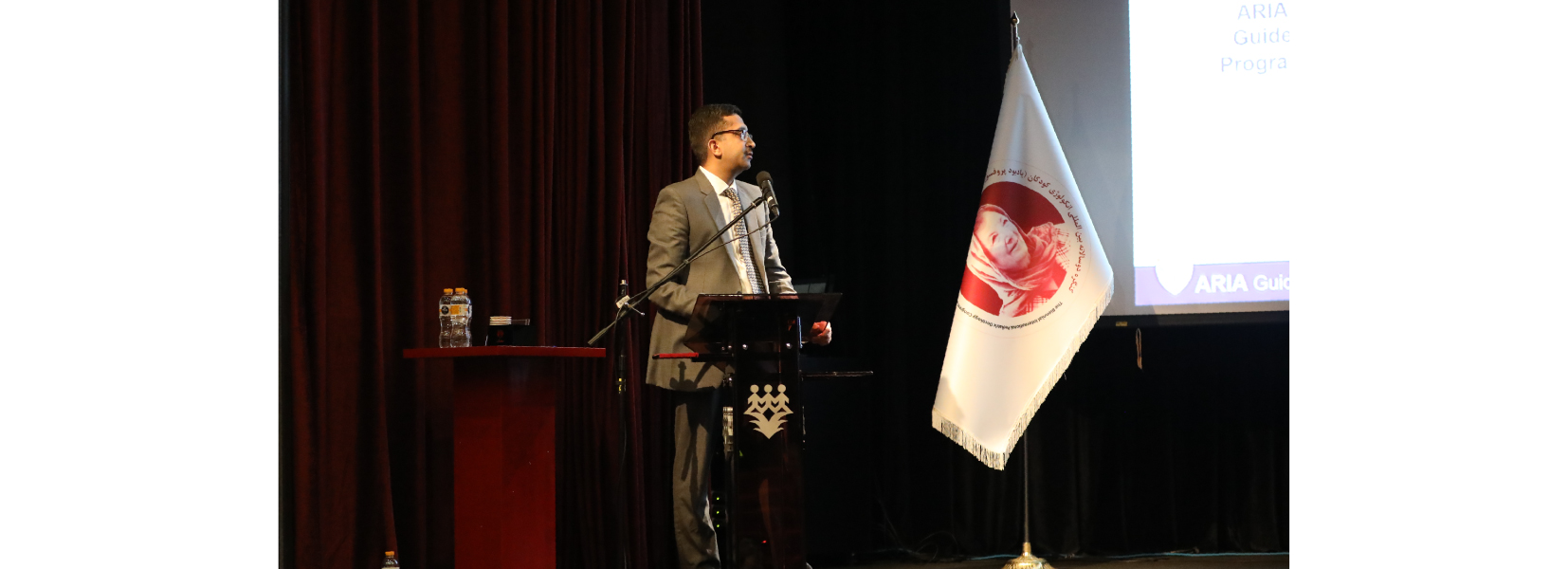
Dr. Bilal Qureshi Expands upon ARIA Guidelines
- 9 June 24
- 1008 revirew
- 0 comment
During “the Biennial International Congress of Pediatric Oncology in Memory of Professor Vossough, several international speakers attended. Dr. Bilal Mazhar Qureshi as a Pediatric Radiation Oncologist at Aga Khan University-Hospital (AKUH) of Pakistan, contributed to the congress in person.
Dr. Bilal Mazhar Qureshi, is the head of Radiation Oncology Section (ROS) and Assistant Professor at AKUH, Karachi, Pakistan. He is member of “Pediatric Radiation Oncology Society” (PROS) since his appointment at AKUH faculty and holds the position of co-chair of “Pediatric Radiation Oncology Society in Low-and-Middle Income Countries” (PROS-LMIC) group of “International Society of Pediatric Oncology” (SIOP) “Global Health Network” (GHN) from 2021.
Dr. Qureshi is the joint secretary of Radiation Oncology Society, Pakistan and an active member of Pakistan Society of Pediatric Oncology (PSPO). Dr. Qureshi possesses the responsibility for liaison on behalf of PROS and member of ACC for “Adapted Resource and Implementation Application” (ARIA) guidelines. He also serves as the chair of “Radiation Protection Committee and Research Oncology Committee at AKUH.
Dr. Bilal as MAHAK special guest speaker, delivered a lecture on the third day of the congress, with the primary focus on the “Adapted Resource and Implementation Application” (ARAI) Guide.
During the session, Dr. Qureshi elaborated on the ARIA program, which aims to develop comprehensive global guidelines for childhood cancer care, particularly for conditions such as Hodgkin’s lymphoma and low-grade glioma. He emphasized that these evidence-based recommendations are undergoing meticulous evaluations by experts to address the significant disparities in cancer treatment on a worldwide scale.
Dr. Qureshi extended a collaborative invitation to work towards finalizing these guidelines by 2024, aligning closely with the “World Health Organization, WHO, Global Initiatives for Childhood Cancer”. According to Dr. Qureshi, transition to web-based guidelines is anticipated to improve accessibility and amplify their impact on a global level.
